Abacus Fly the Airbus Fleet A330-300
review
The Airbus A330 is a twin-engined, medium to long haul wide-body commercial passenger jet aircraft. Airbus launched the A330 in June 1987 together with the four-engined A340, as a single aircraft program. Airbus intended the A330 to replace the A300-600R and compete with the Boeing 767. Many airlines replaced older wide-bodies such as the McDonnell Douglas DC-10 with the A330, which is 38% more fuel efficient than the DC-10. Although the four-engined A340 is the real long-hauler, the A330(-200) has an impressive range of 8890km (4800nm), with an option of even 11,850km (6400nm).
The A330 and A340 have nearly identical airframes and systems, apart from the engines. The A330 is certificated with General Electric CF-6-80E1, the Pratt & Whitney PW4168 and the Rolls-Royce Trent 700 engines. The A330-300 made its first flight on November 2, 1992 and entered service with Air Inter in January 1994. The ten frames shorter A330-200 first flew in August 1997 and entered service with Canada 3000 in April 1998. More than 1,000 A330's have been ordered so far.
This Abacus package contains six aircraft: Airbus A310-300, A319-100, A320-200, A330-300, A340-600 and the A350-800. The package comes with one sound set, which is used by all six aircraft.
Like the other aircraft in the package, the A330-300 is not a work of art. The exterior model does not represent it's real world counterpart very well (just compare the screenshots with a photo of a real A330-300) and there is only a Pratt & Whitney powered model. The liveries are not very well done. For example, the clearly visible grey lines are not very appealing and there is no registration on the bottom of the wing. Also, some animations are off or are not present at all. The landing gear is floating on touchdown and doesn't have suspension.
The flight dynamics are not bad, it is not very difficult to handle this A330. The 2d panels and the virtual cockpit are simple and don't look like the real A330 cockpit. Instead of typical Airbus systems, flap settings, auto brake, etc, many buttons and handles do look like (and work like) the ones used in the FS2004 default (Boeing) panels. Don't expect systems like TCAS and GPWS, those are simply not modeled. A simple FMC can be used to load FS flight plans and ute them in order to auto navigate on IFR flights.
Some nice features are: A passenger cabin which is fully modeled into the virtual cockpit. The default viewpoint in the virtual cockpit mode is the virtual cockpit itself, but with a small program called 'Cabin Views' you can set other viewpoints in the virtual cockpit, like 'Rear Coach Seating' and 'Forward Business Class'. Also, the wings and engines are visible from the cabin windows. With the wing fold command, air stairs, a fuel truck and baggage carts show up around the aircraft.
The engine sounds are great, both the internal and external sound, but do not resemble the A330 Pratt & Whitney PW-4168 engine sound. The engines sound more like the General Electric CF6-80C2 A310 engines. This aircraft and the A319/A320/A340/A350 in this package would benefit from separate sound sets. The 48 pages pdf manual is well written and covers the features of all six aircraft in a user-friendly way.
--
the good
the bad
License |
: | Payware |
Price Indication |
: | $29.95 |
Panel |
: | Yes |
Virtual Cockpit |
: | Yes |
Wingview |
: | Yes |
Sound |
: | Yes |
Developed for |
: | FS2002 |
Compatibility |
: | FS2004 FSX |
Wingflex |
: | No |
Landing gear |
: | Unrealistic, no suspention, floating |
Rudder effect |
: | Realistic |
FS2004 |
: |
|
FSX |
: |
|
Links
notes
on 01/31/2009 at 17:28:07
lol, this is soo Funny.on 04/25/2009 at 0:25:25
I have this for FSX, I am not a huge fan. The plane looks horrible! I think its a wast of money. I would suggest the Overland Simmers Sky. It looks more realistic.Add a Comment

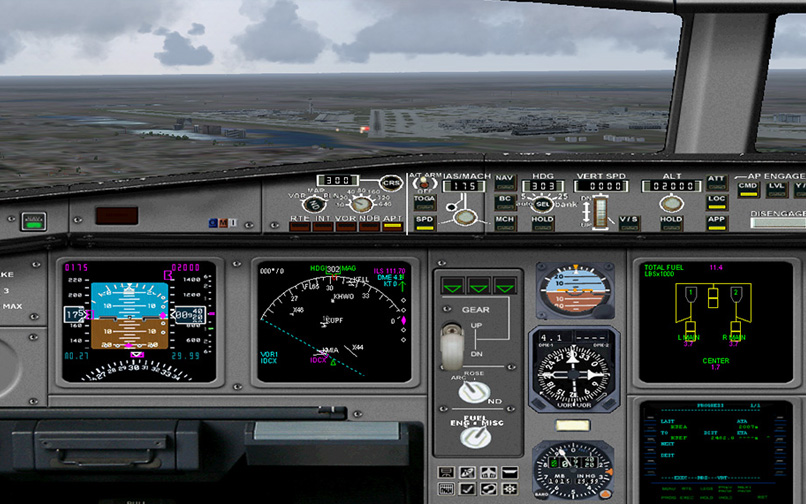
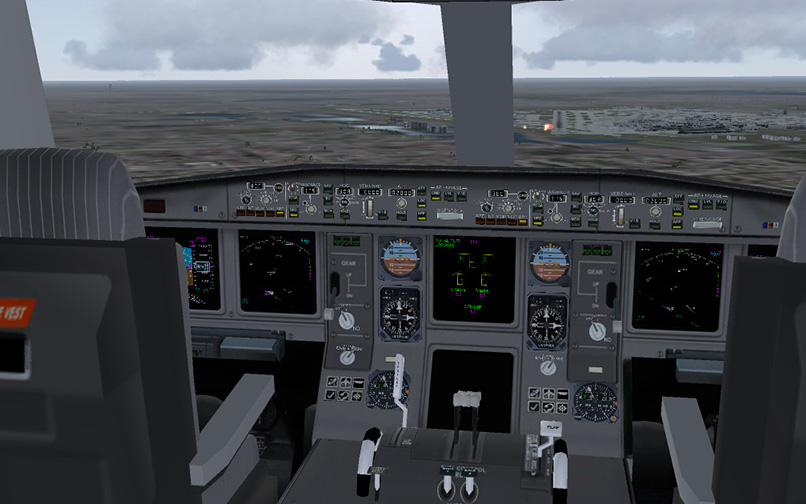
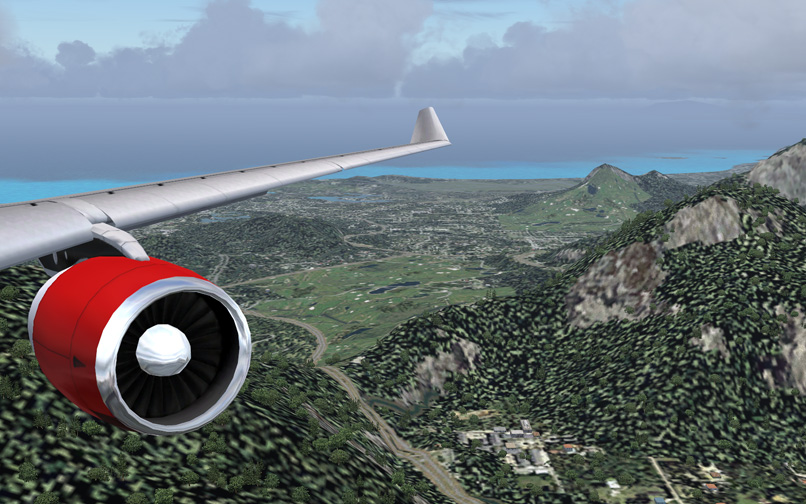
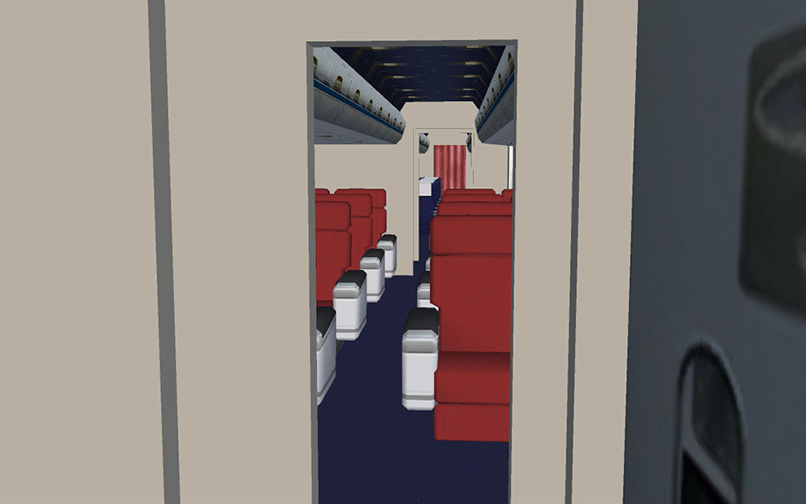
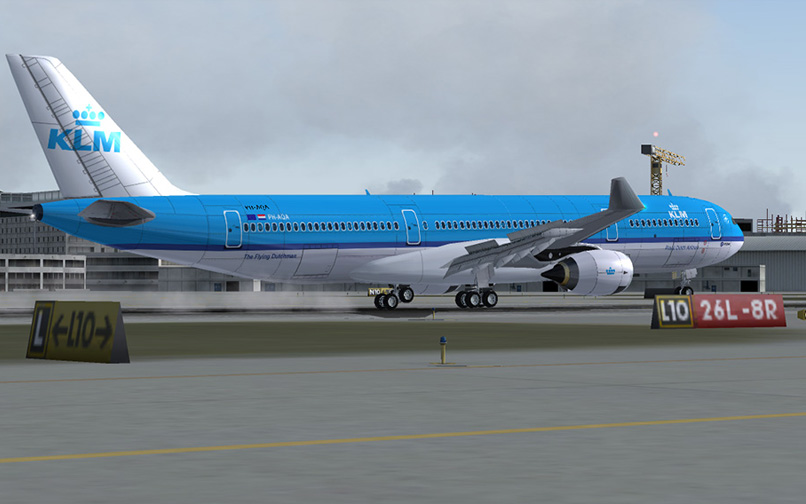
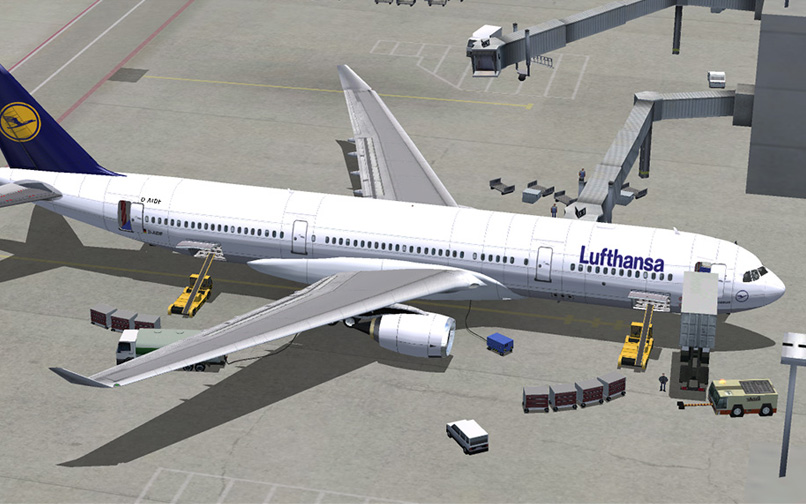
Comments